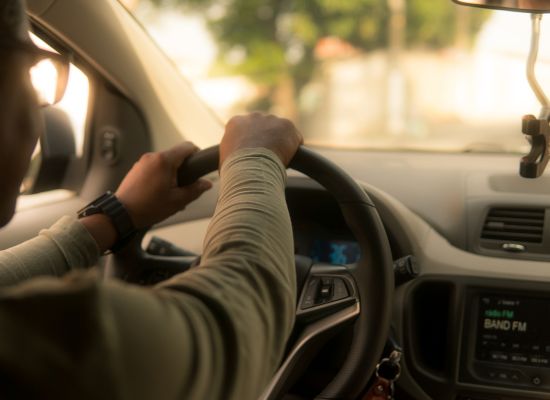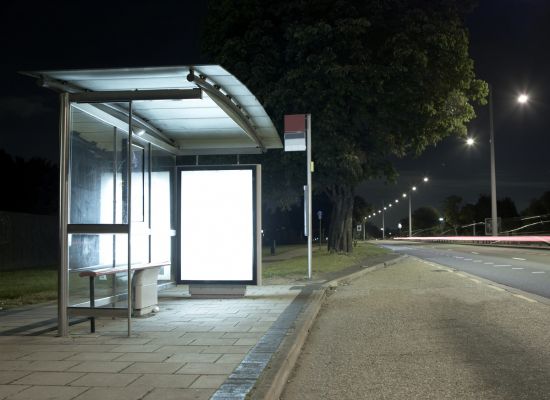
Transportation plays a crucial, yet often unexamined, role in daily life.
Those who have consistent access to a private vehicle or high-quality public transit can reach a relatively large geographical radius of employers, schools, healthcare centers, stores, pharmacies, and other essential resources. Those who don’t, however, can find themselves cut off from many of these amenities, which can hamper their ability to thrive.
Individuals and families who are Asset Limited, Income Constrained, Employed (ALICE) face a wide array of barriers that render them unable to reliably access transportation. These can effectively block their path to financial stability and a good quality of life. Here’s what you need to know about constraints on transportation for low-income families and how these challenges perpetuate financial struggles for ALICE households.
Types of Transportation Barriers for ALICE Households
Racial and Gender Wealth Gaps
Racial and gender pay gaps stemming from historic and current inequalities continue in the present, resulting in significant unjust wealth gaps. For example, women and people of color are more likely to experience bias and exclusion during job application and hiring processes as well as pay gaps and barriers to promotion. Single mothers are often limited to part-time jobs because of their caregiving responsibilities. Both women and people of color also experience occupational segregation into low-paying and caregiving-related industries.

Further, generational poverty and limited financial resources—including low levels of financial literacy and related credit challenges—can make it even more difficult for people of color to afford reliable transportation of all kinds, public or private.
Difficulty Affording Personal Vehicles
For ALICE individuals, purchasing a personal vehicle can be a significant financial burden. First, there’s the steep cost of a vehicle itself, which can skyrocket during periods of inflation or low supply. Then there are numerous recurring costs related to things like car insurance, state license plate and tag renewals, maintenance, repairs, fuel, freeway tolls, rental housing parking fees, and more.
Without an owned vehicle, individuals and families often become dependent on public transportation or carpooling, which are typically more affordable options than frequent taxi or rideshare services. This directly affects individuals’ and families’ ranges of mobility in a given metro area. As a result, ALICE groups experience greater difficulty in reaching not only essential community resources–e.g. full-service grocery stores and medical centers–but high-quality employment as well. People who are ALICE are often then limited to jobs within their immediate vicinity, which, in underinvested low-income communities, are more likely to be low-paying.

Inadequate Public Transportation in Low-Income Areas
Members of many racial and ethnic communities grapple with problems related to a lack of public transportation in greater numbers than their White counterparts, and they are also more likely to fall in ALICE groups.
Communities of color are more likely to live in underinvested neighborhoods with inadequate transportation infrastructure, which can severely limit their mobility. African American and Hispanic populations face longer travel times due to limited bus and subway timetables, route or line changes, and geographic segregation. All of this leads to increased commuting costs and time constraints, making it challenging for low-income households to balance work and family obligations while pursuing financial stability.
Non-Traditional Work Schedules
ALICE groups are more likely to have non-traditional work schedules, such as evening, night, or weekend shifts. Public transportation options may be scarce or nonexistent during off-peak hours, making it difficult for these individuals to commute to and from work. Relying on alternative modes of transportation, such as taxis or rideshare services, can be cost-prohibitive on limited incomes. In other words, the very people who often rely most heavily on public transit aren’t being adequately served by its hours and modes of operation.

Transportation barriers pose significant challenges for ALICE individuals and families, hindering their path to financial success. The intersectionality of race, ethnicity, gender, and socioeconomic status further exacerbates these constraints. By understanding and addressing these barriers, policymakers and communities can work towards creating transportation equity and facilitating the financial stability of ALICE individuals.
By dismantling transportation barriers, we can empower ALICE individuals to access better job opportunities, improve their earning potential, and ultimately achieve financial stability. Creating an inclusive transportation system that caters to the needs of all individuals, regardless of their socioeconomic background, is a vital step towards building more equitable and prosperous communities.
United Way is bridging this gap in Pennsylvania with its PA 211 program, a FREE health and human services information and referral hotline that connects ALICE callers with programs that assist with transportation and other essential health and human services.
Get Transportation Assistance With United Way of York County
United Way of York County in Pennsylvania assists working households in our community to achieve financial stability by collaboratively and equitably reducing barriers to prosperity. We offer access to free health and human services, affordable prescription medications, assistance with tax preparation, transportation assistance for low income households, and more to fight for the education, health, and economic mobility for all members of our community.
Learn more about how to use PA 211 to access resources like transportation and contact us to get the services you need for a financially successful future. Alternatively, consider supporting us by making a donation today!
